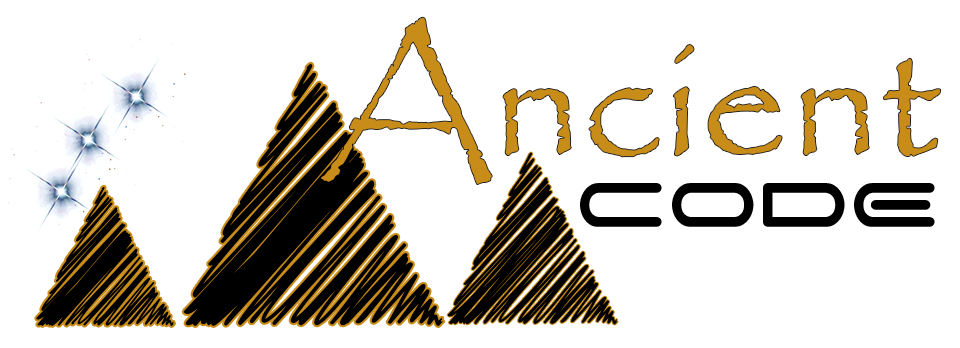“Cryopreserved Squid and/or Octopus eggs arrived in icy bolides several hundred million years ago should not be discounted as that would be a parsimonious cosmic explanation for the Octopus’ sudden emergence on Earth circa 270 million years ago…”
A radical, new theory has made both interesting and controversial claims. Among other things, 33 scientists participating in a new study suggest how Octopuses, ‘not Octopi’ may have arrived at Earth hundreds of millions of years ago via panspermia, hitchhiking a ride to Earth on comets and asteroids.
The paper argues how LIFE did not originate on planet Earth but elsewhere in the cosmos, and was transported to our planet millions of years ago.
The response? Silence mixed with astonishment and awe.
The astonishing claims were made in a report titled ‘Cause of Cambrian Explosion-Terrestrial or Cosmic?’, authored by more than 30 scientists and published in the prestigious Progress in Biophysics and Molecular Biology.
The scientist paper indicates that the explanation for the sudden flourishing of life during the Cambrian era—aka the Cambrian explosion—may have its origins in the stars, and more precisely thanks to comets and asteroids that bombarded the Earth carrying organic molecules.
The scientific paper claims that our universe acts as a single biosphere, and that life may not have its origins on Earth. According to this theory, “the entire ensemble of habitable planets in the galaxy constitutes a single interconnected biosphere.”
If this theory is proven accurate, it would have huge implications as it suggests that there is life spread across the entire universe. Furthermore, this ‘alien’ life may have come into existence long before the first organisms started appearing on Earth.
However, experts further reveal that octopuses, which evolved on Earth rapidly some 270 million years ago—or 250 million years after the Cambrian explosion may have their origin in the stars as well.
The genome of the Octopus shows a staggering level of complexity with 33,000 protein-coding genes more than is present in Homo sapiens. Its large brain and sophisticated nervous system, camera-like eyes, flexible bodies, instantaneous camouflage via the ability to switch color and shape are just a few of the striking features that appear suddenly on the evolutionary scene,” wrote experts in their study.
“The transformative genes leading from the consensus ancestral Nautilus to the common Cuttlefish to Squid to the common are not easy to be found in any pre-existing life form – it is plausible then to suggest they seem to be borrowed from a far distant “future” in terms of terrestrial evolution, or more realistically from the cosmos at large. “One plausible explanation, in our view, is that the new genes are likely new extraterrestrial imports to Earth – most plausibly as an already coherent group of functioning genes within (say) cryopreserved and matrix protected fertilized Octopus eggs.”
“Thus the possibility that cryopreserved Squid and/or Octopus eggs arrived in icy bolides several hundred million years ago should not be discounted as that would be a parsimonious cosmic explanation for the Octopus’ sudden emergence on Earth circa 270 million years ago.”
Interestingly, Cephalopods are considered the most intelligent of all non-vertebrates on Earth, having the highest brain-to-body ration. Experts have long claimed that these creatures have the ability of observational learning, making them unique in a number of ways.
Writing about these creatures, author Peter Godfrey-Smith explained in his book Other Minds: The Octopus, the Sea and the Deep Origins of Consciousness:
“If we can make contact with cephalopods as sentient beings, it is not because of a shared history, not because of kinship, but because evolution built minds twice over. This is probably the closest we will come to meeting an intelligent alien.”
Source: Cause of Cambrian Explosion – Terrestrial or Cosmic?

 Movie
Movie 2 months ago
45
2 months ago
45 






![Presidents Day Weekend Car Sales [2021 Edition] Presidents Day Weekend Car Sales [2021 Edition]](https://www.findthebestcarprice.com/wp-content/uploads/Presidents-Day-Weekend-car-sales.jpg)



 English (United States)
English (United States)